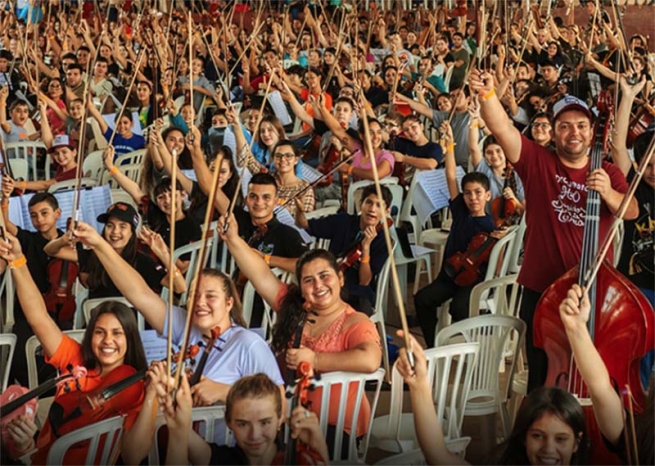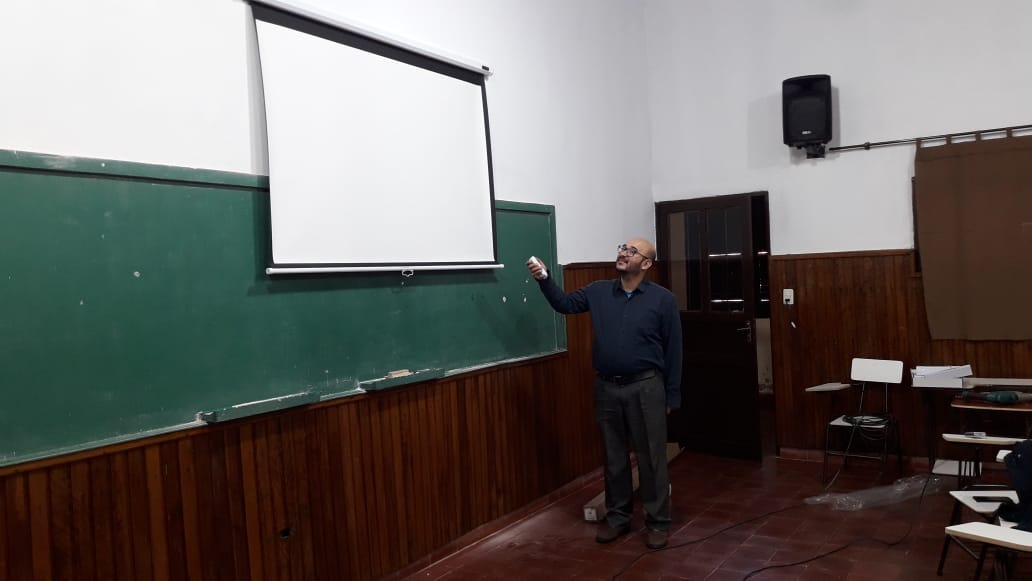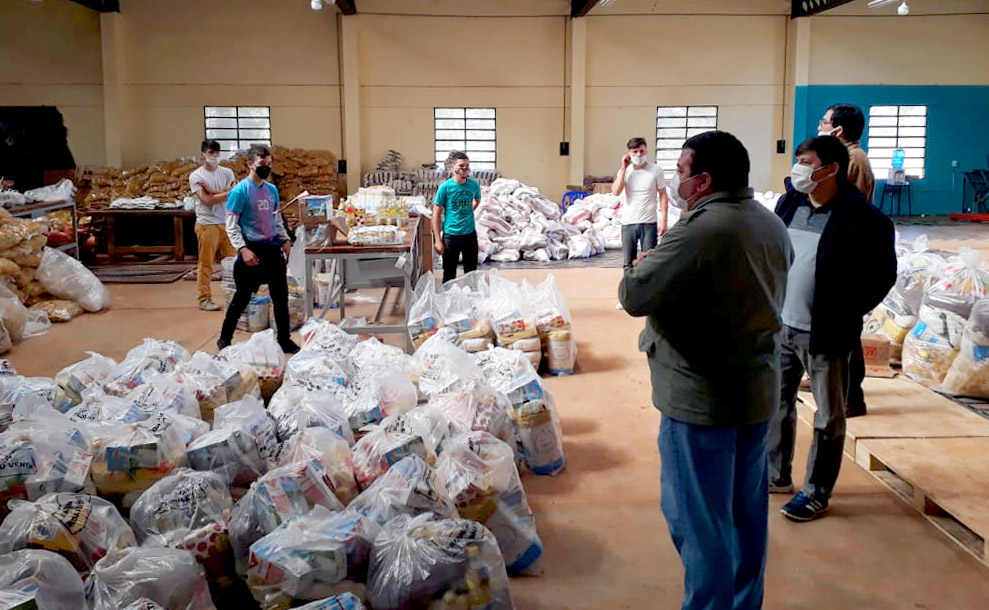PARAGUAY: Salesians Receive Recognition for Work with Indigenous Communities
(MissionNewswire) Paraguay is among the poorest countries in South America. According to UNICEF, almost 35 percent of its 6.5 million population lives in poverty with close to 20 percent living in extreme poverty, earning less than US $1 per day. The gap between the small upper class and the large lower class is extreme and offers virtually no social mobility. As a result, conditions of poverty drive youth into early labor and a lack of literacy in addition to a weak educational foundation compounds the problem.
Poverty in Paraguay is associated with lower education levels, female heads of households and migration. Agriculture is among the most important employment sectors in the country’s economy. Those in poverty face overcrowding, low quality housing, and a lack of access to basic household services. Those that only graduate from primary school are twice as likely to live in poverty as those that have access to and complete secondary school.
According to the World Bank, those in Paraguay that are monolingual Guarani speakers have almost a 50 percent greater chance of being poor than monolingual Spanish speakers and migrant populations have a 60 percent higher probability of being poor than non-migrants.
The Salesians have been working in Paraguay since 1896, beginning their work in the capital Asunción, near the port on the Paraguay River. There, they established a church and educational programs focusing on the arts and trades to help advance the skills and knowledge of the indigenous people.
Most recently, the Paraguayan Parliament honored Father Joseph Zanardini of the Salesians of Don Bosco in recognition of the educational programming the Salesians have brought to the indigenous people in the Chaco region. Fr. Zanardini is a professor of Social Anthropology at Our Lady of the Assumption Catholic University and has been invited to many countries in the Americas, Europe and Asia to speak on indigenous culture and the revitalizing of languages as a tool for strengthening local identity. He works to prepare new programs for indigenous schools based on local needs.
This honor rewards Fr. Zanardini’s work as well as all those within the Salesian community who provide educational programs and have contributed to promoting a number of laws on behalf of the indigenous community.
“Through educational programs, the Salesians are focusing on increasing the capacity of indigenous communities,” says Father Mark Hyde, executive director of Salesian Missions, the U.S. development arm of the Salesians of Don Bosco. “Youth who lack educational resources remain in poverty. Our programs teach necessary trade skills to advance employment opportunities and give youth the chance of a better life.”
To date, close to 500 indigenous schools in Paraguay are receiving state support to educate some 25,000 students. These schools are made possible by the hard work and dedication of 1,500 teachers, most of whom are also indigenous.
Salesian programs promote strong cooperation with leaders from the indigenous culture. Various activities have driven the Salesians work through the years including recovery of original lands, the appreciation of cultural values in each ethnic group, support for sustainable development, fostering internal leadership and supporting laws in favor of the indigenous populations.
Sources
ANS – Paraguay – Salesian work with indigenous Chaco recognised
UNICEF – Paraguay Statistics
World Bank- Paraguay




